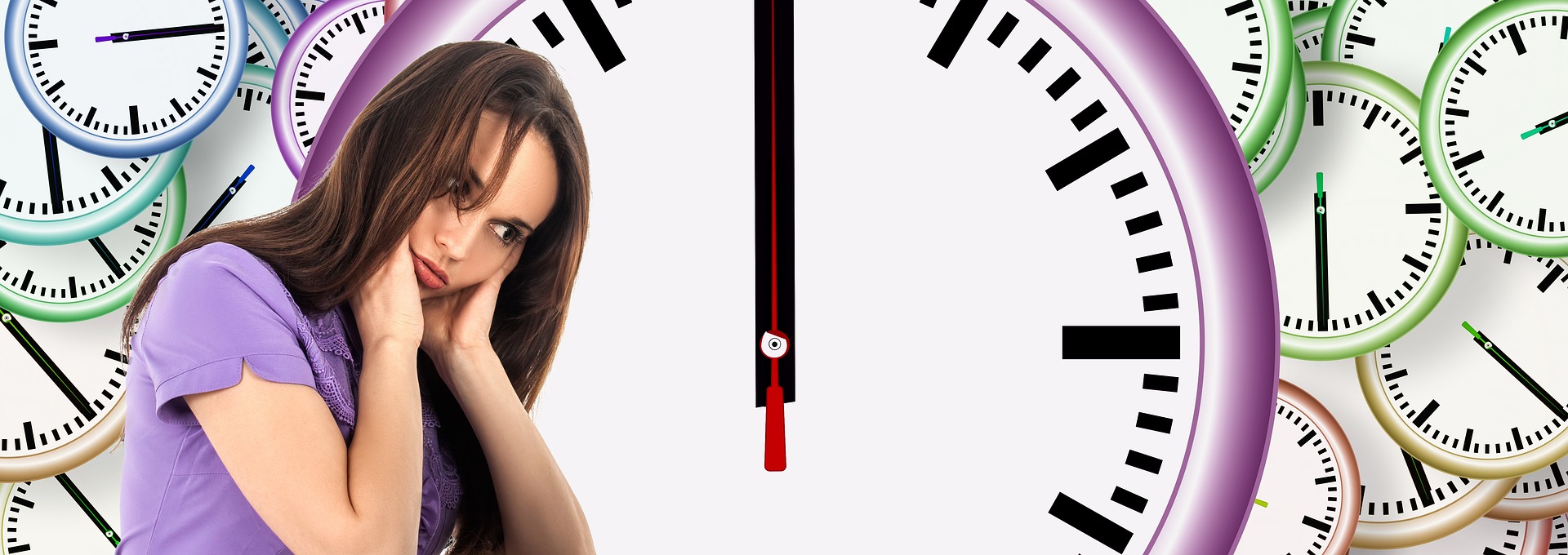12 Amazing Time Management Tricks That Will Help You Have More Free Time – Take It Personel-ly

Time management never seems easy. So, you create a to-do list, you work hard and yet you never seem to have time to have some fun. Well, this just means that you need better time management skills that can help you have more free time and work smarter. Here are some of those tricks and tips:
Wake Up Early
Getting up early makes your day longer and allows you to have more time to finish work. If you wake up earlier, you will likely finish all of your work sooner and then you can enjoy your afternoon and evening.
Set Goals
One of the best ways to stay productive is to create SMART goals and stick to them as much as possible. For instance, you can go for monthly, weekly and daily goals. You can even go more long-term than that. Then, strive to achieve your goals every day, month, week or year. Daily goals are especially effective because you feel amazing once you finish them.
Do Most Important Things in Your Golden Hour
While most experts recommend doing hard work in the early morning, that might not be your best time. You might work better, for instance, in the afternoon or a bit later, once you’ve had your breakfast. So, make sure that you finish important tasks then instead of early.
Remove distractions
Phones, notifications and even people can cause you to get distracted. So, shut your phone off or put it on silent, turn off email and social media notifications and tell people not to disturb you unless it’s really, incredibly urgent. This will help you focus more and you will finish your work much faster that way.
Don’t multitask
Multitasking leads to less productivity, no matter how you feel while doing it. Instead, focus on one task at a time or one thing at a time and make sure that you are finished before you start another one.
Rest plenty
Have frequent breaks to refresh and enjoy a bit of rest. This will help you feel much better and you’ll be more productive once you go back to work. You can use the Pomodoro technique or rest whenever you finish a task.
Schedule your days
Create a schedule for every day with all of the important tasks to help you get organized and achieve more.
Go for the easy wins
Finish the easiest tasks first thing in the morning. This will help you get started and get in the mood for harder tasks. You can do this when you feel tired too.
Delegate or outsource
This is kind of a cheat, but it’s still a valid strategy. Find someone to outsource some of your tasks to.
Create a done list
Done lists are really useful and I never start a day without it. They are a counterpart to to-do lists which are always scary and make you tired as soon as you look at them. “But then you have a done list which clearly shows how much you have achieved in a day. It’s amazing to see, especially if you have already completed a bunch of small tasks,” says Hazel Johnson, a productivity blogger at Nextcoursework and Australia2write.
Play some music
Music is the best inspiration. Play something that helps you get into a good mood and start working.
Don’t go for perfection
Sure, important tasks are best when perfect, but you might be spending a lot of time on stuff that no one will notice. “So, make sure that you have done the task accurately – as possible – and move on. There is always room to fix things or change things if you finish on time. If you waste all that extra time on perfection, there will be no time on your schedule,” says Johnny Laslo, a project manager at Writemyx and Brit student.
Time management may not be so easy and we often get stuck. But playing is just as important as resting. So, you should learn to work smart and less but play more and enjoy life while still getting the same results. Follow these tips to get there and become more productive with your time.
Katrina Hatchett is a lifestyle blogger at Academic Brits. She has been involved in various productivity improvement projects, where her main aim is to define project problems and propose solutions, as well as improving overall communication effectiveness. Also, she writes for PhD Kingdom and Origin Writings, academic service.
This content was originally published here.
Leave a Comment